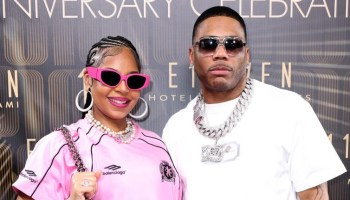New York– A New York Times writer today described the Apollo Theater exhibit titled “Ain’t Nothing Like The Real Thing”, ironically as an experience that “ain’t anything like the real thing”.
In the Back to the Apollo, Uptown’s Showbiz Incubator article, writer Edward Rothstein points out that while the exhibit provides interesting samples of history and heritage, there is less notice on Apollo traditions, crowd-performer interactions, and the phenomena around the community’s convergence to the theater after the deaths of Michael Jackson and James Brown.
Rothstein:
“Ain’t Nothing Like the Real Thing,” an exhibition about the Apollo Theater. The exhibition “Ain’t Nothing Like the Real Thing,” which opens on Tuesday at the Museum of the City of New York, really ain’t anything like the real thing, but that is not really its fault. The “real thing” in this case is almost beyond the reach of a museum show.
The real thing is suggested in the exhibition’s subtitle — “How the Apollo Theater Shaped American Entertainment” — because the music that was made at that relatively nondescript 1,500-seat theater on 125th Street in Harlem really did transform American popular-music culture in the 20th century. A habitat and an incubator, the Apollo has also been one of the few institutions in which black American musical culture was consistently nurtured over the course of 75 years.
So much is encompassed, though, that you can easily feel that the real thing is slipping away. One problem is that concerts at the Apollo were not systematically recorded, and while the exhibition offers a decade-by-decade film survey of performers, each contains just a few examples that are neither long enough nor deep enough to communicate much.













